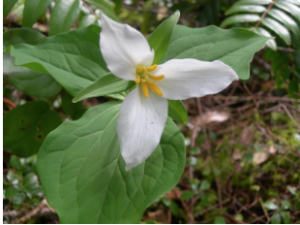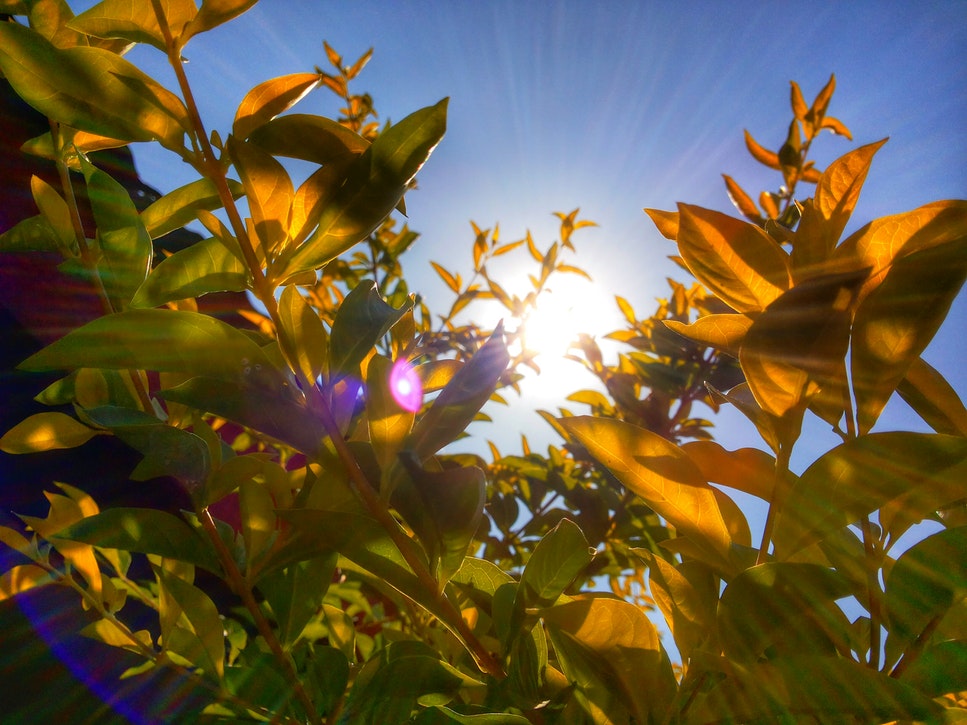By Jean Andrianoff —
How do you respond in worship to the beauty of God? The Psalmist David often responded with poetry. Though it may be hard for us to recognize, all of the Psalms are Hebrew poetry, using such poetic devices as parallelism, sound repetition, and acrostic construction. Psalm 119 is a good example of acrostic construction, with each section of the Psalm beginning with a different letter of the Hebrew alphabet. In translation we lose the impact of most of the Hebrew poetic devices, though we can still appreciate parallelism. For example, verse 5 of Psalm 29 echoes the same thought in two adjacent lines:
The voice of the Lord breaks the cedars;
the Lord breaks the cedars of Lebanon. (ESV)
This whole Psalm represents David’s response to God’s created splendor as seen in a storm. The Amplified Bible sets out David’s purpose in writing the Psalm this way:
Ascribe to the Lord the glory due His name; Worship the Lord in the beauty and majesty of His holiness [as the creator and source of holiness].
Back to how does this apply to me? How might I use poetry to help me worship?
I’ve found that writing a haiku provides a good way to respond to the beauty of God I see in creation. For example, in early spring I love spotting trillium on a forest path. The trillium pictured here gave rise to this haiku:
 Pure white trillium
Pure white trillium
Spring’s first light to dark forest
Divine metaphor
In limiting myself to the strict form of a haiku (3 lines of 5-7-5 syllables), I’m forced to focus on the essence of what I see in a particular aspect of creation, expecting the reader to picture what I saw. Rather than writing a lengthy explanation of how the trillium illustrates the Trinity, I trust the reader to grasp that is how the trillium is “divine metaphor.” As I compose a haiku, I reflect on the details and the message of a particular creation.
I can even use haiku to help me to focus and discern the core meaning of a short passage of scripture. For example, I could meditate on verses 3 and 4 of Psalm 29 and summarize them in the following haiku:
God’s powerful voice
Thunders over the waters
Speaking majesty
As a being made in the image of a Creator God, I find fulfillment and awe in responding to His created works with poetry in worship not of the creation, but of the Creator.

